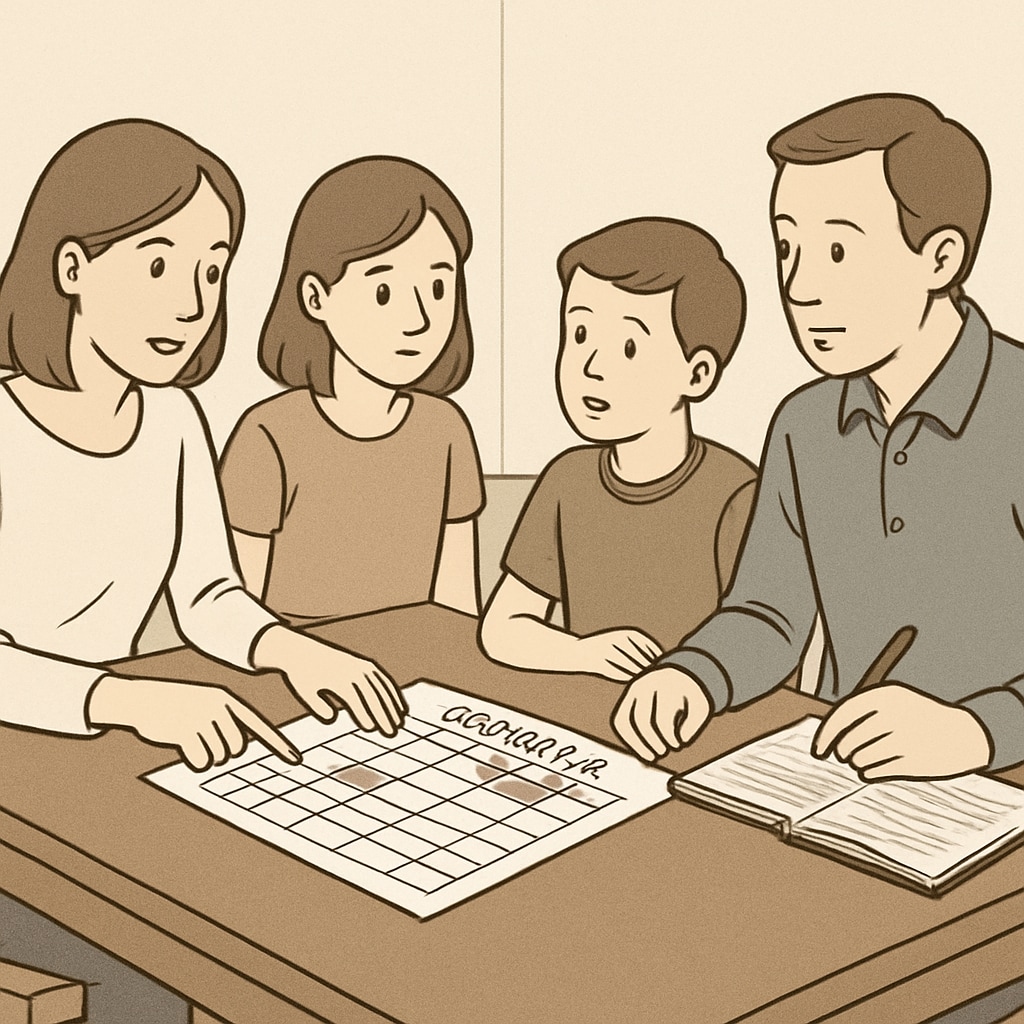Adolescents frequently face academic challenges, unhealthy habits, and a lack of family education support. These issues can derail their personal growth, leaving parents and teachers searching for ways to help teens regain motivation and build healthier routines. Addressing these challenges requires a structured approach focusing on rebuilding learning interest, strengthening family dynamics, and promoting balanced lifestyles. This article shares actionable strategies to help teens get back on track toward healthy development.
Reigniting Interest in Learning
Students often lose interest in academics due to a lack of engagement or repeated failures. To reignite their motivation, it’s essential to make the learning experience more enjoyable and relatable. Here are some strategies to achieve this:
- Connect learning to real life: Highlight how academic topics are useful in day-to-day situations. For example, using math to calculate budgets or exploring science in nature can make subjects more practical.
- Incorporate technology: Tools like educational apps and gamified learning platforms can transform dull topics into interactive experiences.
- Set achievable goals: Help students set small, measurable targets to build a sense of accomplishment and confidence.
By making learning relevant and rewarding, students are more likely to re-engage with their studies and overcome academic difficulties.

Building a Supportive Family Environment
Family education plays a critical role in shaping a child’s development. A strong family support system encourages motivation and resilience. Here’s how parents can foster a positive environment:
- Open communication: Create a safe space where teens feel comfortable discussing their struggles and aspirations.
- Model positive behaviors: Demonstrate healthy habits, such as maintaining a work-life balance, valuing education, and practicing self-care.
- Set boundaries: Structure is key during adolescence. Establish clear rules for screen time, sleep schedules, and study hours to promote discipline.
When families work together, teens are better equipped to navigate the challenges of adolescence. For additional insights on effective parenting strategies, visit Britannica on Parenting.

Promoting Healthy Lifestyle Habits
A healthy body supports a healthy mind. Poor lifestyle habits, such as irregular sleep patterns, inadequate exercise, and unhealthy diets, can significantly affect a teen’s focus and mood. Encourage these practices to promote well-being:
- Establish regular routines: Create a consistent daily schedule that includes time for study, relaxation, and physical activity.
- Encourage physical activity: Involve teens in sports or other active hobbies like dancing or hiking to boost their energy levels and reduce stress.
- Focus on nutrition: Teach the importance of balanced meals and limit the consumption of processed foods and sugary drinks.
Healthy habits not only enhance physical health but also improve mental sharpness, leading to better academic performance and emotional stability. Learn more about the importance of adolescent well-being from WHO’s guide on adolescent health.
Combining Efforts for Holistic Development
Overcoming academic and lifestyle challenges requires collaboration between students, parents, and educators. By reigniting a love for learning, building a strong family support system, and encouraging healthy habits, adolescents can develop the tools they need for long-term success. It’s a journey that demands patience and consistent effort, but the rewards are well worth it.
Takeaway: Helping teens navigate their struggles involves breaking down barriers to learning, fostering supportive family dynamics, and nurturing healthy daily routines. These strategies, when implemented thoughtfully, can guide adolescents toward a brighter, more balanced future.
Readability guidance: Use short paragraphs and bullet points to summarize actionable advice. Ensure a balance of informative content and practical examples, while maintaining a professional tone throughout.


